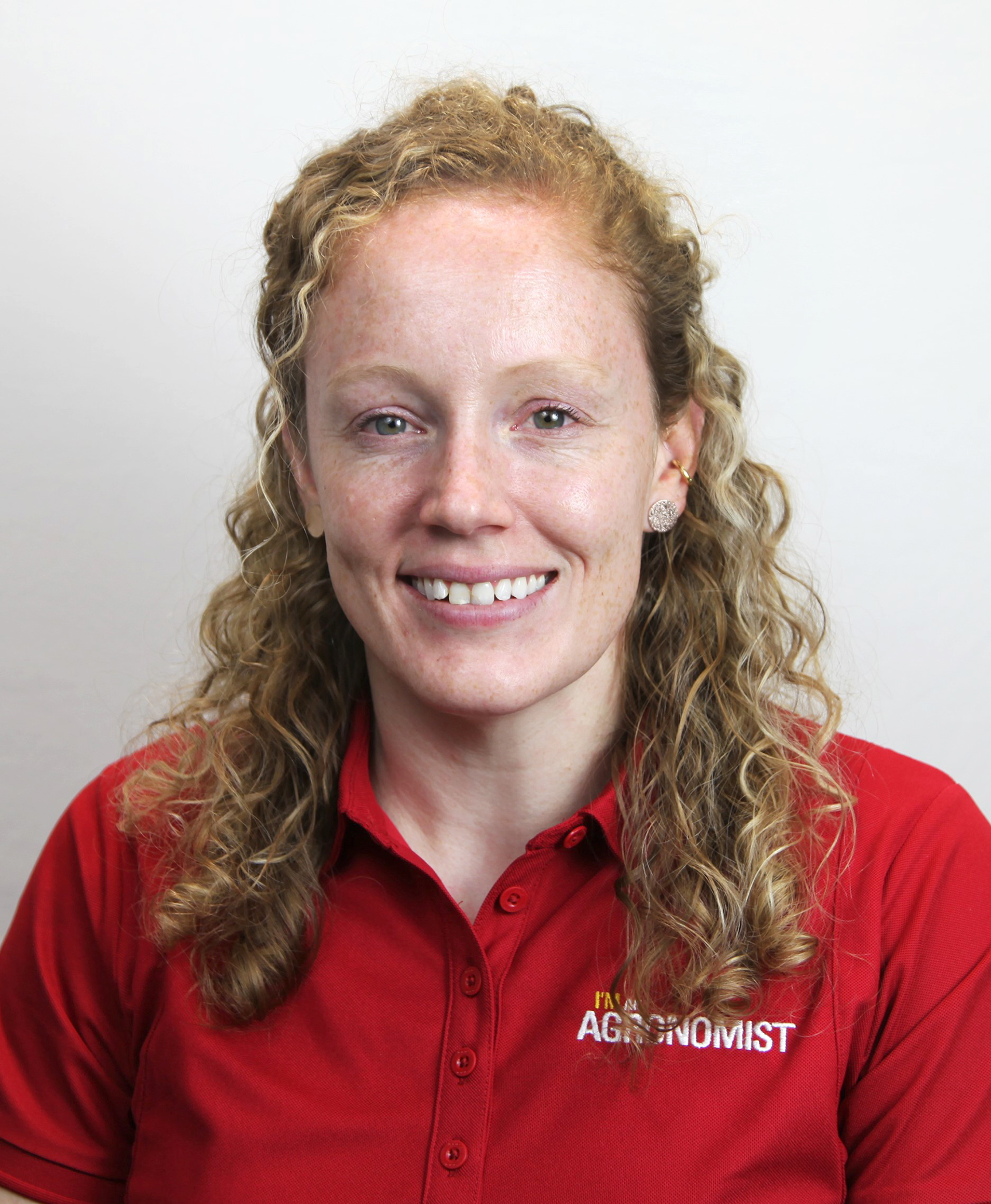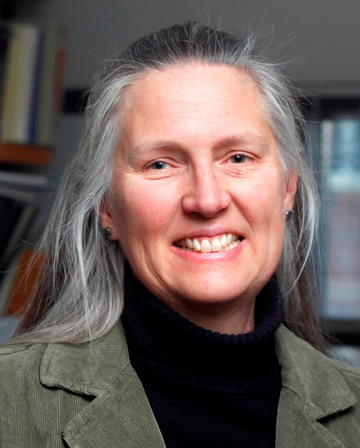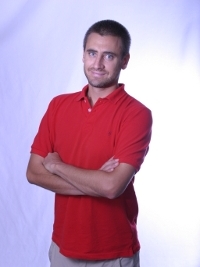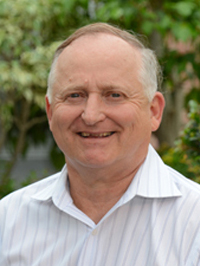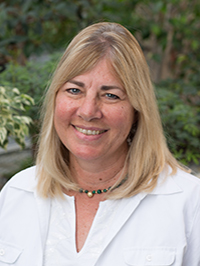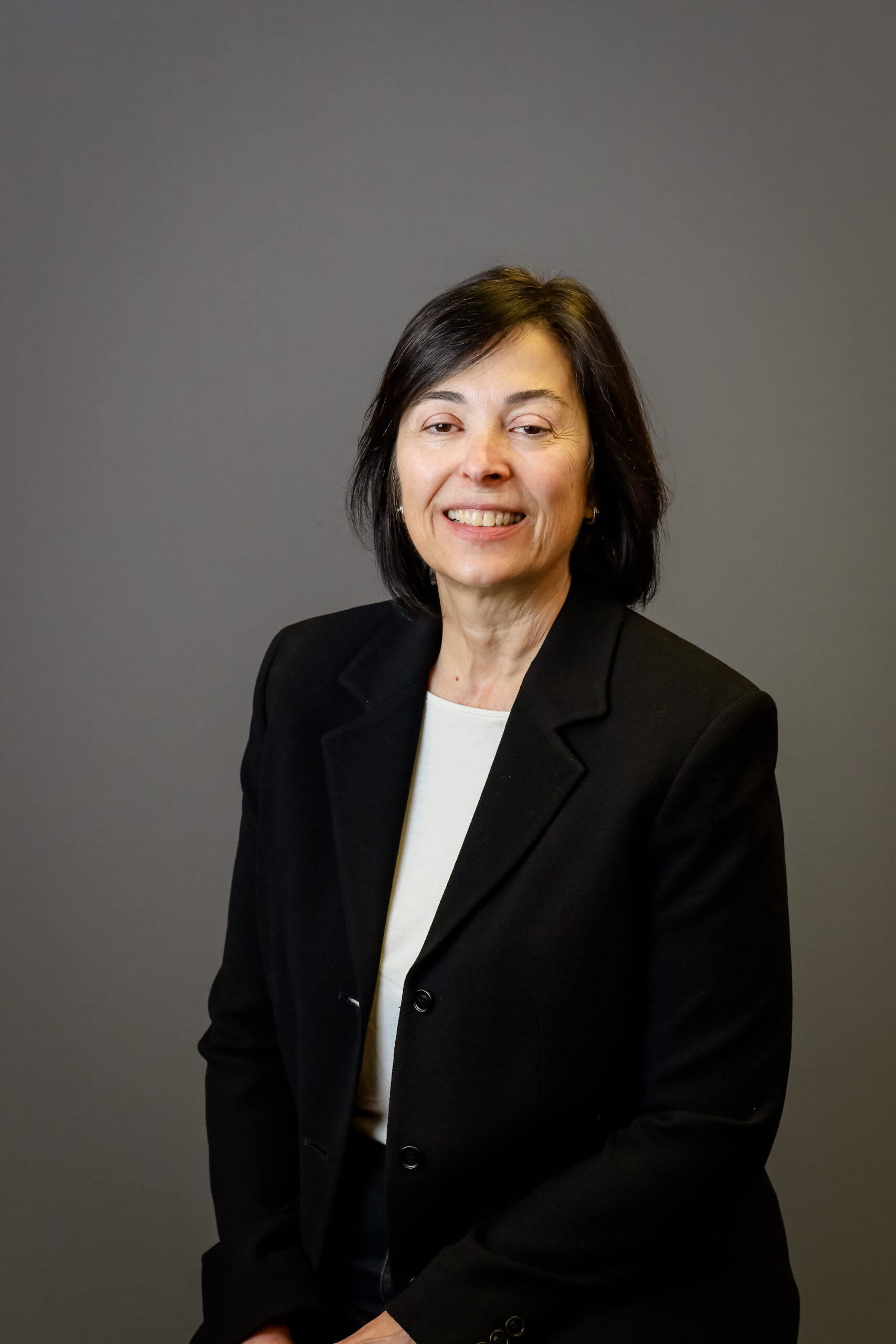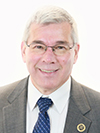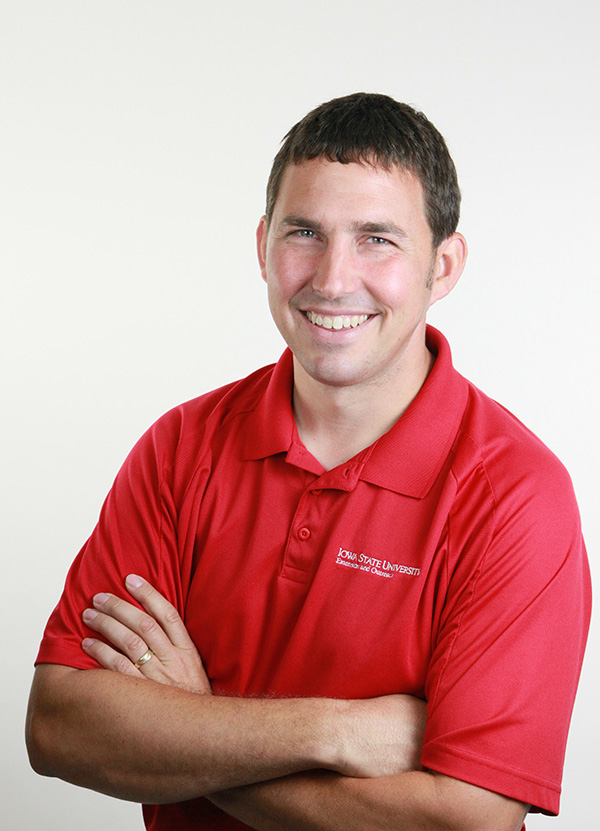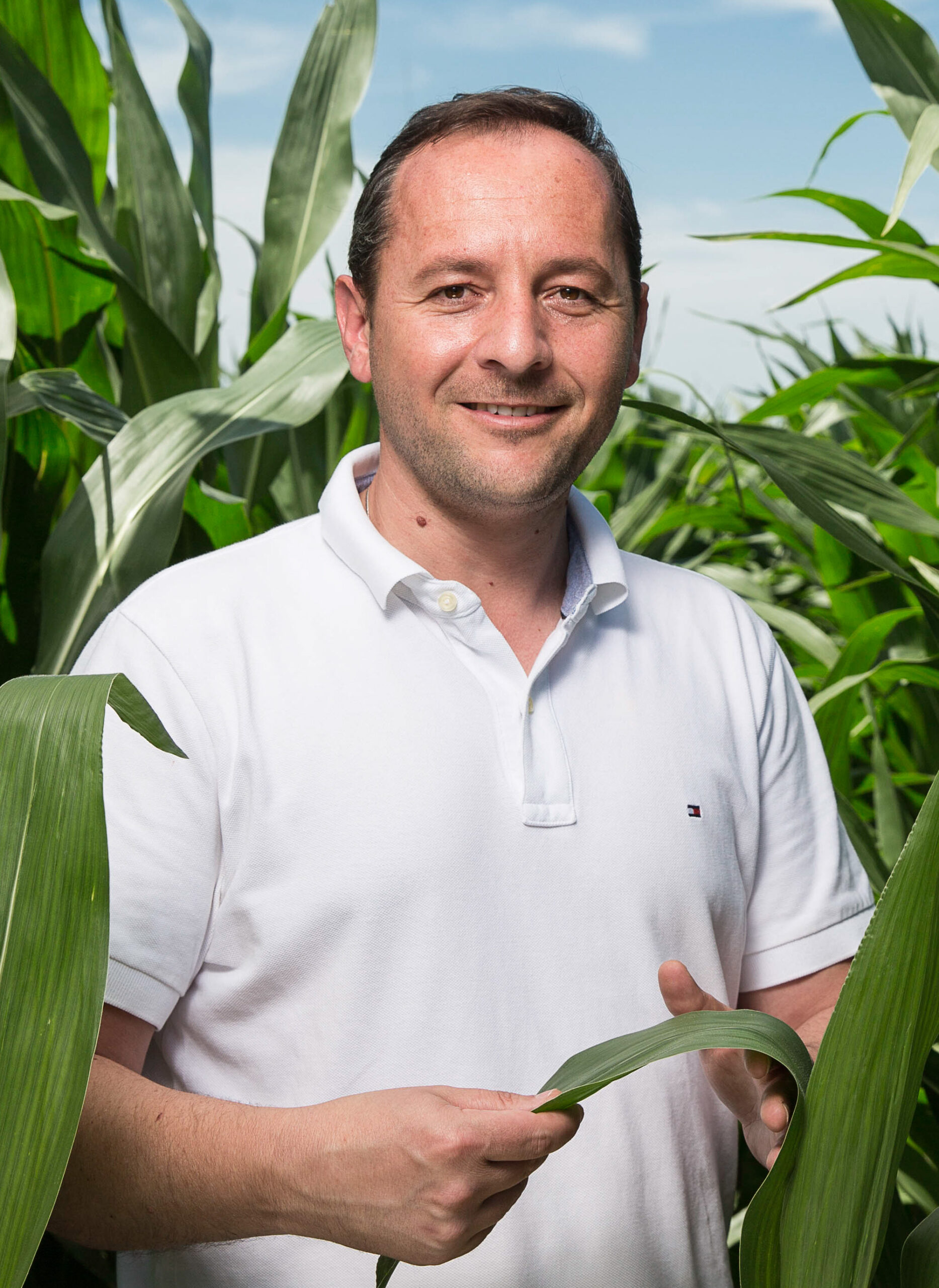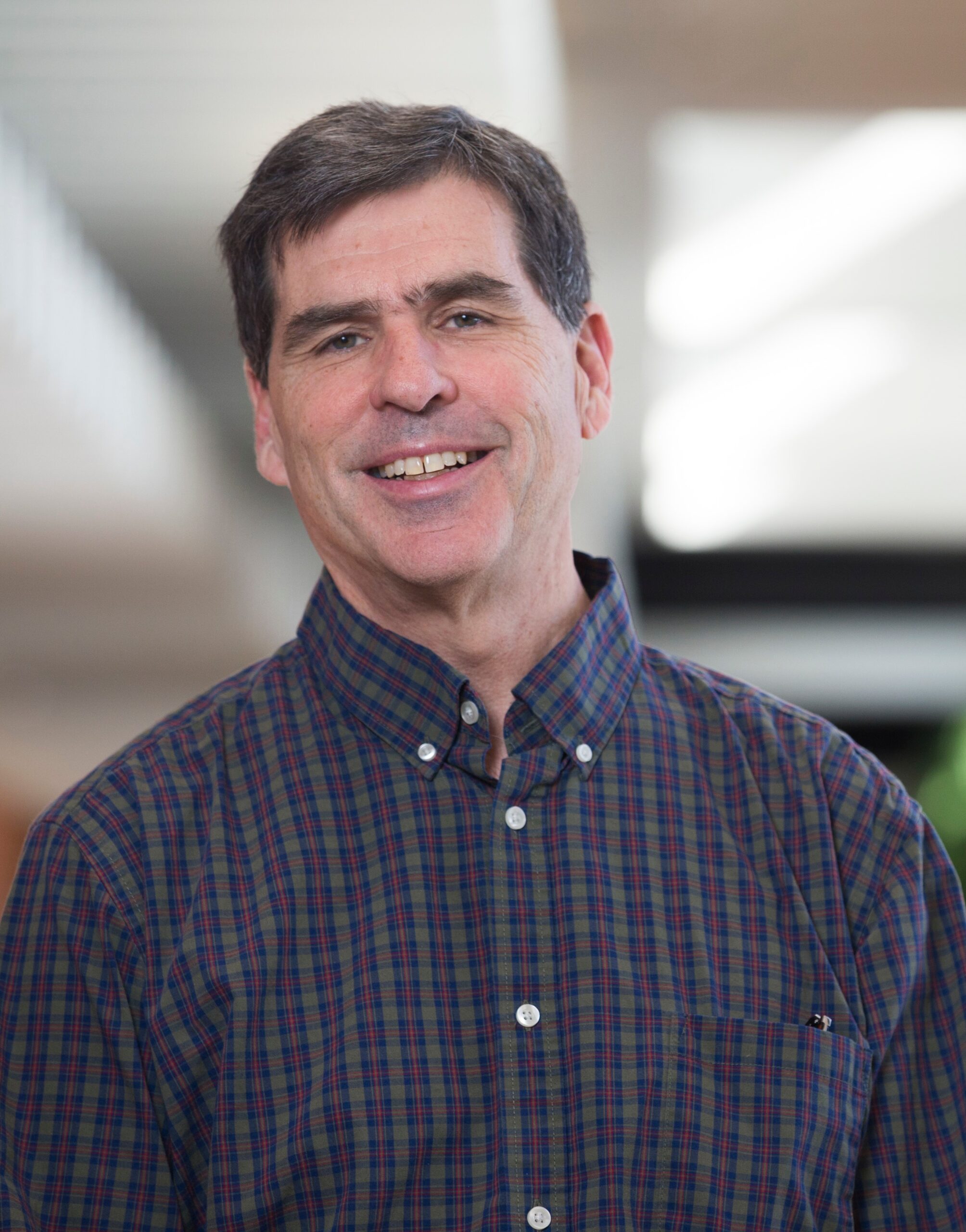Wiedenhoeft, Mary
Currently, I am serving as the Interim Department Chair. Additionally, I am serving as the Associate Chair for Academics and the Director for the M.S. in Agronomy Program. Currently, I am teaching several classes: AGRON181 Introduction to Crop Science, AGRON410 Senior Forum, AGRON496B Field to Fork on the Prairie domestic travel course, and AGRON496 Agricultural Systems of New Zealand. While I am department chair others are teaching AGRON450 Issues in Sustainable Agriculture and SusAg515 Integrated Crop and Livestock Production Systems for me. I also advise undergraduate and graduate students.
My research interests include sustainable agriculture, the production and management of alternative cropping systems, and agronomic education. I am interested in cooperative learning where the classroom becomes a place to learn in a personal, non-competitive environment, to develop understandings and/or skills, and to celebrate learning.
Miguez, Fernando
Fernando Miguez was born in Buenos Aires, Argentina and before coming to Iowa State was a a post-doc at the Energy Bioscience Institute (University of Illinois) working on developing general mathematical models for biomass crops. He has received a M.S. and Ph.D. in Crop Sciences and a M.S. in Applied Statistics, all from the University of Illinois. The research is integrative, involving crop physiology, agronomy, soils, mathematical modeling, statistics and applied spatial analysis with the goal of producing reliable predictions of cropping systems’ productivity, stability and ecosystem services.
The ultimate objective of our lab is to enhance productivity, stability and sustainability of cropping systems for food, feed and fuel in an environmental, social and economic context.
Our approach is to:
- create and analyze databases of crop performance,
- integrate field experimentation with statistical and process-based crop models and
- to produce spatial forecasts of productivity, stability and ecosystem services of cropping systems.
In our research we use a variety of methods:
- meta-analysis,
- linear, non-linear and generalized mixed models,
- process-based crop models,
- meteorological, soil and land-use databases,
- parameter estimation,
- spatial analysis.
Christians, Nick
Delate, Kathleen
Goggi, A. Susana
research interests: Seed physiologist Susana Goggi research interests are developing advanced strategies for minimizing the adverse effects of the production and storage environment on the quality of soybean and corn seeds and developing organic seed protectants as alternatives to chemical seed treatments.
Hatfield, Jerry
Licht, Mark
Mark Licht is an Associate Professor and Extension Cropping Systems Specialist in the Department of Agronomy at Iowa State University. His extension, research and teaching program is focused on how to holistically manage Iowa cropping systems to achieve productivity, profitability and environmental goals. Research is centered around varied aspects of soybean, corn and cover crop management.
Archontoulis, Sotirios
Sotirios Archontoulis is a professor of integrated cropping systems at the Department of Agronomy. His research aims to predict impacts (e.g. climate change), explain causes (e.g. high/low yields) and design future strategies to improve crop productivity and environmental sustainability across spatial and temporal scales. His approach combines field experimentation and use of agricultural systems process-based models to explain Genotype x Environment x Management interactions and enable prediction and design at scale.
Moore, Kenneth
Dr. Ken Moore is Charles F. Curtiss Distinguished Professor in Agriculture and Life Sciences and Professor in Agronomy at Iowa State University where he has been a member of the faculty since 1993. He previously held the Pioneer Hi-Bred Agronomy Professorship in Agronomy (2017-21). He holds a B.S. (1979) degree from Arizona State University and M.S. (1981) and Ph.D. (1983) degrees in Agronomy from Purdue University. He held faculty positions at the University of Illinois (1983-87) and New Mexico State University (1987-89), and was a USDA/ARS Research Agronomist and adjunct faculty member at the University of Nebraska, Lincoln (1989-93). His research focuses on the development and improvement of biomass crops and cropping systems. He served as Project Director for the USDA-NIFA-CAP project CenUSA: Sustainable Production and Distribution of Bioenergy for the Central USA (2011-19). He is the founding director and led the development of the Master of Science in Agronomy distance education program (1995-2017). He served two terms (2010-2017) on the ISU Graduate Council and was its Chair during the 2015-16 academic year. He teaches a graduate course on quantitative methods and the design and analysis of agronomic experiments (Agron 526). He has worked on collaborative research and education projects in Morocco, Costa Rica, and New Zealand where he was a Senior Research Fellow with AgResearch Grasslands in 1998. Dr. Moore served as President of the Crop Science Society of America (CSSA, 2004) and President of the American Society of Agronomy (ASA, 2008). He served on the editorial boards of Agronomy Journal, agronomy, and Crop Science, was the founding editor of the e-journal Crop Management, and is the Founding Editor-in-Chief of crops. He is co-editor of Forages Volume I: An Introduction to Grassland Agriculture and Forages Volume II: The Science of Grassland Agriculture. Dr. Moore is a member of Gamma Sigma Delta, Phi Kappa Phi, and Sigma Xi and has been recognized with Outstanding Young Scientist and Merit Awards by the American Forage and Grassland Council, the Young Crop Scientist Award and Martin and Ruth Massengale Lectureship by CSSA, and the Agronomic Service Award, Distinguished Service Award, and Carl Sprengel Agronomic Research Award by ASA. He is a Fellow of ASA, CSSA, and the American Association for the Advancement of Science (AAAS).
